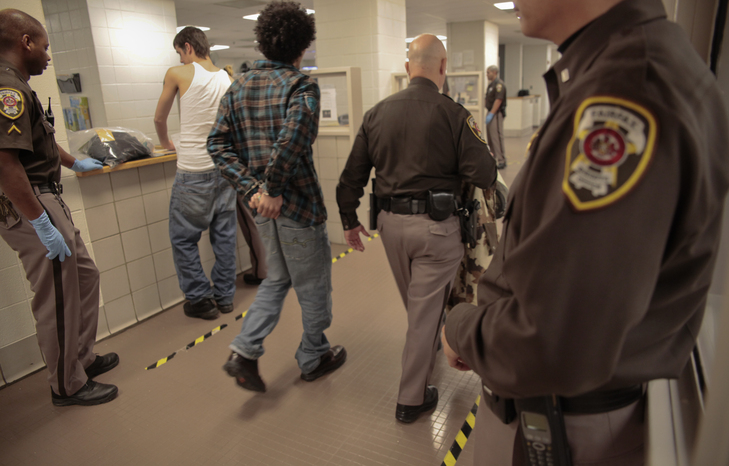
It didn’t make headlines, but a recent incident shows that positive steps are underway in Fairfax County, Virginia, to divert prisoners with mental illnesses away from the criminal justice system into community care and treatment.
A woman with mental problems was recently arrested for a minor crime and sent to a Virginia state hospital after a judge decided that she was too sick to be put on trial. When she was deemed mentally competent, she was delivered back to the Fairfax Detention Center to await a court appearance.
In the past, this defendant probably would have been found guilty, served time in jail and been released in considerably worse mental shape than when she was arrested. That’s pretty much what happens, not only where I live, but nationally in many jurisdictions.
Consider the results of a five year study by the University of South Florida’s mental health institute. It’s researchers followed 97 individuals with severe mental illnesses who’d been arrested for petty crimes to see what happened to them. Those 97 individuals were arrested 2,200 times and spent 27,000 days in jail with absolutely no reduction in recidivism or recovery.
Thankfully this revolving door didn’t happen in this woman’s case here in Fairfax.






